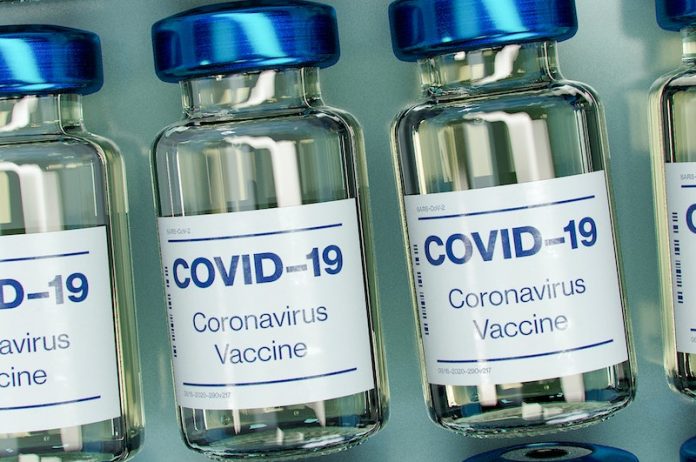
In a new study, researchers found that the Oxford COVID-19 vaccine protects against symptomatic disease in 70% of cases—with vaccine efficacy of 62% for those given two full doses, and of 90% in those given a half then a full dose.
The vaccine was found to be safe, with only three out of 23,745 participants over a median of 3.4 months experiencing serious adverse events that were possibly related to a vaccine; one in the vaccine arm, one in the control arm, and one in a participant who remains masked to group allocation.
All participants have recovered or are recovering, and remain in the trial.
The results are the first published efficacy results for a COVID-19 vaccine.
The research was conducted by a team at the University of Oxford, UK.
Control of the pandemic will only be achieved if the licensing, manufacturing and distribution of these vaccines can be achieved at an unprecedented scale and vaccination is rolled out to those who are vulnerable.
The new findings indicate that our vaccine’s efficacy exceeds the thresholds set by health authorities and may have a potential public health impact.
The Oxford COVID-19 vaccine uses a chimpanzee adenovirus viral vector that cannot cause disease in humans and expresses the SARS-CoV-2 spike protein.
This means the vaccine delivers the spike protein genetic code into vaccinated people’s cells, which then produce the protein, and teaching the immune system to recognize and attack the virus.
Past trial results have found that the vaccine induces antibody and T cell immune responses, and is safe in adults aged 18 years and over, including older adults.
For the new study, the team analyzed data from 23,745 adults in the UK, Brazil, and South Africa.
The analysis provides greater precision for efficacy and safety outcomes than possible in individual trials and giving a broader understanding of the use of the vaccine in different populations.
One author of the study is Dr. Merryn Voysey.
The study is published in The Lancet.
Copyright © 2020 Knowridge Science Report. All rights reserved.



